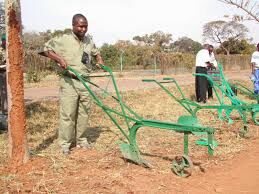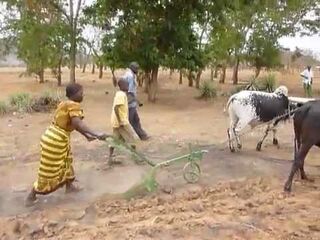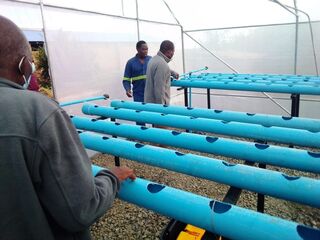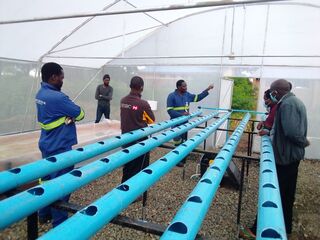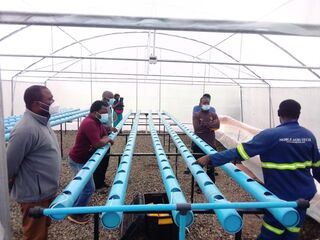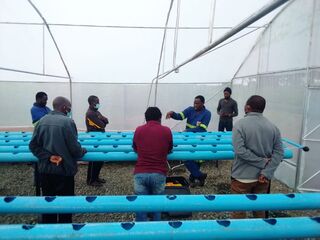Learn about Our Most Urgent Needs
About
We at Bridges to Malawi have met some remarkable people who are now advising us about the best ways to help the poor subsistence farmers of the Kasungu East District in Malawi get better crop yields in as sustainable manner as possible. They recommended that we encourage “no-till” or “limited till” agriculture. This includes the use of mulch (not commonly done in Malawi), which provides more organic material for the soil, traps more moisture in the soil, and reduces weed proliferation. In addition, we have successfully introduced the Magoye Ripper. The Ripper is designed to minimize the amount of soil disturbed as crops are planted, thus limiting topsoil and moisture loss. We plan to conduct a study intended to convince the local farmers of the benefits of such changes in technique. Each ripper will cost about $100. We will replace all of our current plows with these and use them exclusively in all donations to aid farmers in the future. We hope to have them locally made by a blacksmith or two as a way of aiding the local economy, something we always strive to do. As part of our desire to change agricultural practices in the Kasungu East District, we will be paying for an agricultural expert soon to be hired by K2TASO, to help ensure that we carry out our projects in as effective and culturally acceptable a manner as possible.
Hydroponics
As of 2020, we are planning to introduce around 4-5 closed hydroponic systems. These systems will provide a means of growing animal fodder and crops without farmers having to worry about weather conditions or soil quality. Hydroponics can help combat climate change by using less water than traditional farming and less land, due to their ability to be built vertically.
Looking further into the future, we hope that aquaponics can play a role as well.
March 22, 2021
The pictures below show a demonstration of our new hydroponic system and greenhouse. Our plan is to familiarize the people of the area with this concept, and then provide smaller versions to interested farmers in the future.

